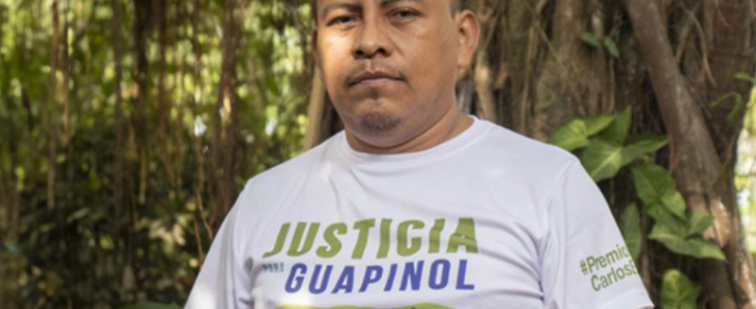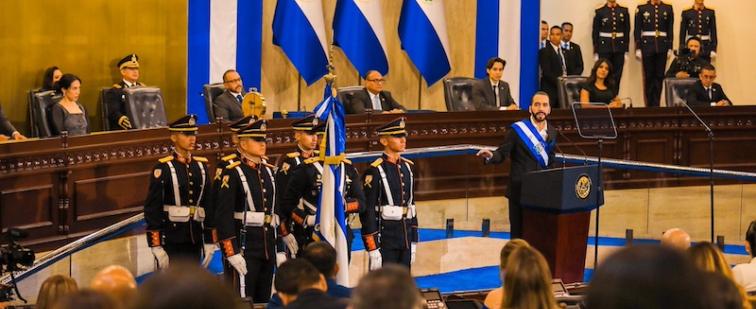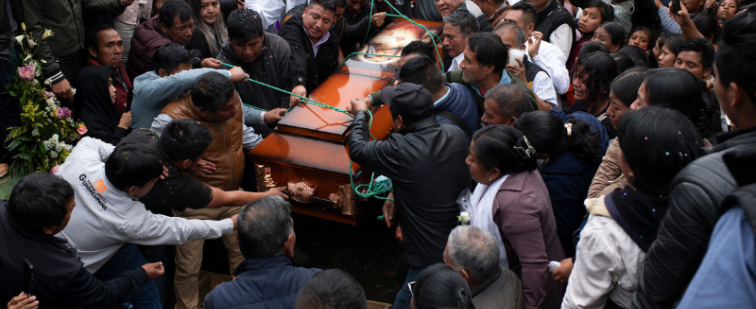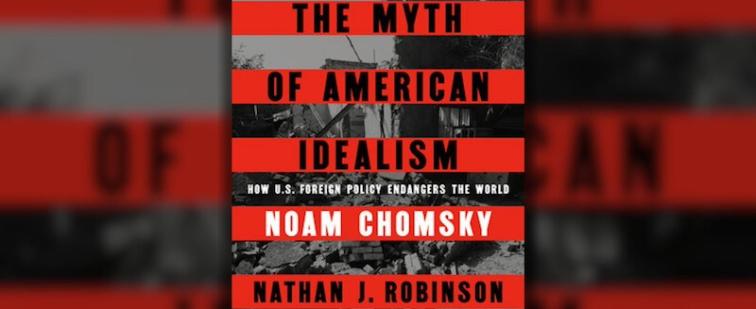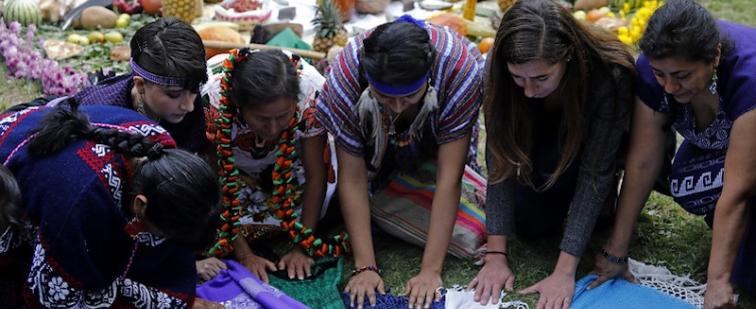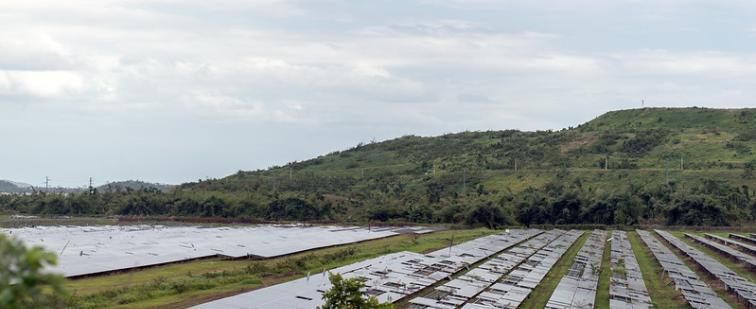Home
On January 27, bucking for a third term in spite of Washington’s objections, Colombian president Álvaro Uribe announced his goal of putting a thousand spies in college classrooms: “We need citizens to be the ones who commit to informing the police and armed forces, and if young people over 18 can help us in this by participating in networks of informants, it would help us a lot.” Uribe offered to pay students $50 per month to report any suspicious ideas or behavior to the Colombian police and armed forces. His drive to recruit informants among university students is eerily similar to what is taking place in the United States, where Washington has served as a pilot project.
In December an agreement was reached that will see the EU further reduce tariffs on imported Latin American bananas. The eastern Caribbean island nation of St. Lucia is now facing a widespread economic and social breakdown—including a crisis in the government’s ability to provide basic social services—that threatens to reverse 40 years of genuine development achieved through protected trade.
For residents of El Salvador’s northern department of Cabañas, 2009 was a year fraught with political high drama that reached a tragic climax in December with the assassination of two anti-mining activists. A public commemoration of their work, which marked the start of 2010, was as much a statement of solidarity as one of mourning.
After years of criticism and months of campaigning by media activists, Lou Dobbs finally made his exit from CNN. On the November 11 edition of Lou Dobbs Tonight, the virulently anti-immigrant primetime host announced his abrupt departure from the network, well before his contract was up. Although CNN president Jonathan Klein described the split as “extremely amicable,” it capped months of intense pressure on the network to oust Dobbs; word later leaked out that he was paid an $8 million severance to leave early. Two coalitions had launched efforts to get the host removed because of his xenophobic rhetoric: Basta Dobbs, which targeted CNN, and Drop Dobbs, which aimed at advertisers. Celebrating Dobbs’s departure, Roberto Lovato of Basta Dobbs declared: “We are thrilled that Dobbs no longer has this legitimate platform from which to incite fear and hate.”1
Since the June 28 military coup in Honduras, in which President Manuel Zelaya was deposed, U.S. news reporting has been marred by pro-coup bias, inaccuracies, and incomplete coverage. This was particularly evident in four ways: false claims that Zelaya had sought to extend his term in office; claims that a plurality of Hondurans supported the coup; imbalanced reporting of U.S. congressional opinion on the coup; and under-reporting of repression in Honduras under the coup government.
Beginning his fourth year as president of Ecuador, Rafael Correa confronts a major challenge from some of the very social actors that propelled him into office. In an address to the country in early January, Correa expressed his ire with a "coming series of conflicts this month, including indigenous mobilizations, workers, media communications, and even a level of the armed forces."
Sebastián Piñera's victory has no doubt moved Chile's politics to the right, but it may have also opened up the country's politics to new political forces. In this sense it is similar to the victory of Mexico's former president Vicente Fox in 2000. Fox, a member of the conservative National Action Party (PAN), broke the 71-year rule of the Institutional Revolutionary Party (PRI) and established a fundamentally right-wing government. But his victory also opened the landscape to a variety of new political actors.
Following the modern recipe for corporate enterprise, the directors of Mexico's increasingly powerful murder-for-hire firm, the Zetas, have begun to diversify from the company's principal activity of providing armed enforcement for the drug-trafficking Gulf Cartel. According to U.S. and Mexican officials, the group has gone into the lucrative business of stealing and selling contraband gasoline. It steals from Mexico's nationalized petroleum company PEMEX, and resells to Texas oil companies, including one run by a former Bush administration insider.
The Obama administration appears to be quietly relaxing a five-year Bush-era ban on Cuban cultural exchanges. New York City recently hosted its first Cuban band in five years, after the group Septeto Nacional became the first to win a visa that allowed it to accept a booking there.
Late December, the administration of Peruvian President Alan García rammed through a final report of the special commission to investigate and analyze the violence that erupted last June 5 in Peru's Bagua province. The report of the Commission Of Inquiry has been widely criticized as an embarrassing attempt to validate the government's version of the root causes of the events.

